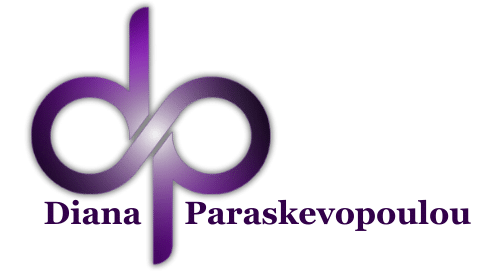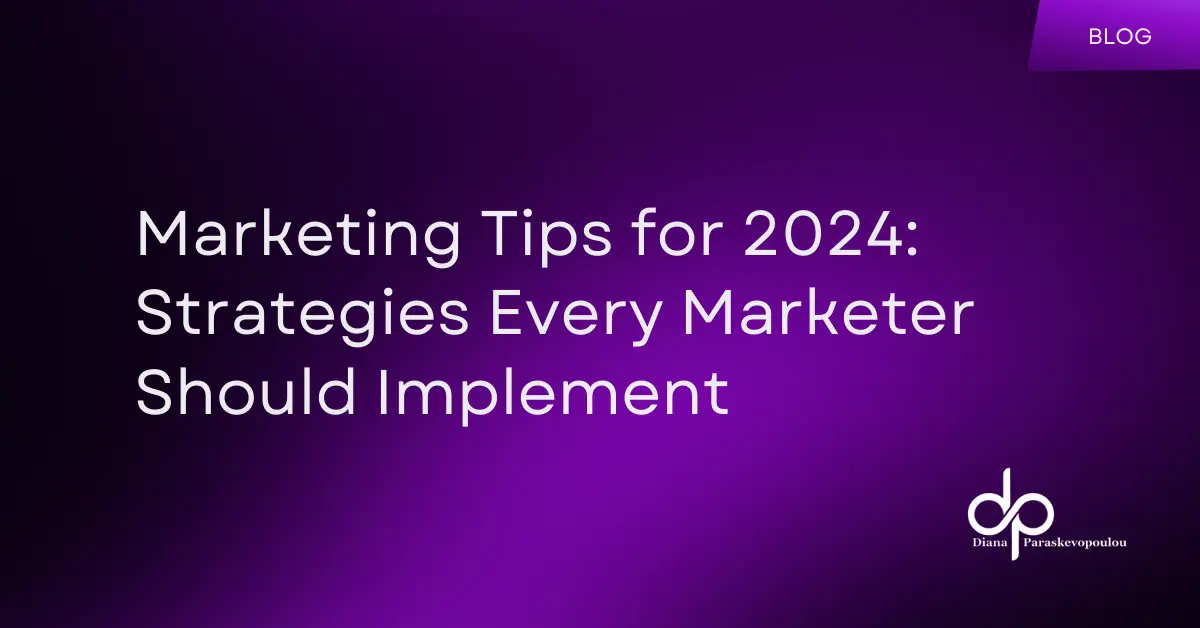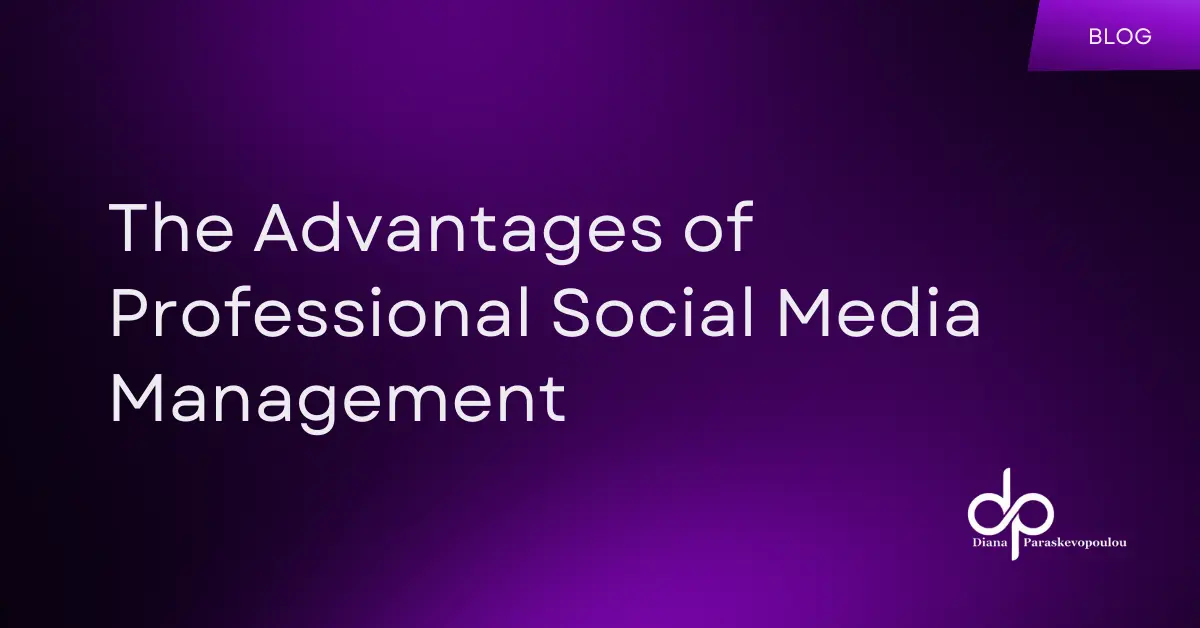In today’s digital age, marketing strategies have evolved significantly, with the advent of digital marketing stepping into the forefront. However, many individuals and businesses often find themselves confused about the difference between traditional marketing and digital marketing, and which one is the right approach for their specific needs.
Traditional marketing refers to the conventional methods of advertising that have been around for decades, such as print ads, television commercials, radio spots, and direct mail. On the other hand, digital marketing encompasses a wide range of online tactics, including search engine optimization (SEO), social media marketing, email campaigns, and pay-per-click advertising.
One of the key differences between traditional marketing and digital marketing lies in their reach and targeting capabilities. Traditional marketing typically has a broad reach but limited targeting options, whereas digital marketing allows businesses to target specific demographics, interests, and behaviors with pinpoint accuracy.
Additionally, digital marketing offers more real-time data and analytics, allowing businesses to track the performance of their campaigns, make adjustments on the fly, and measure return on investment more effectively. Traditional marketing, on the other hand, often relies on estimates and post-campaign surveys to gauge effectiveness.
When it comes to choosing between traditional marketing and digital marketing, it ultimately depends on the goals and target audience of the business. For businesses looking to reach a broad audience and build brand awareness, traditional marketing may still be a valuable tool. However, for businesses looking to target specific segments, track performance metrics, and optimize their marketing efforts, digital marketing is the way to go.
In conclusion, while traditional marketing and digital marketing both have their merits, the key is to understand the differences between the two and choose the right approach based on your specific needs and goals. By leveraging the strengths of both traditional and digital marketing strategies, businesses can create a comprehensive and effective marketing plan that drives results.



